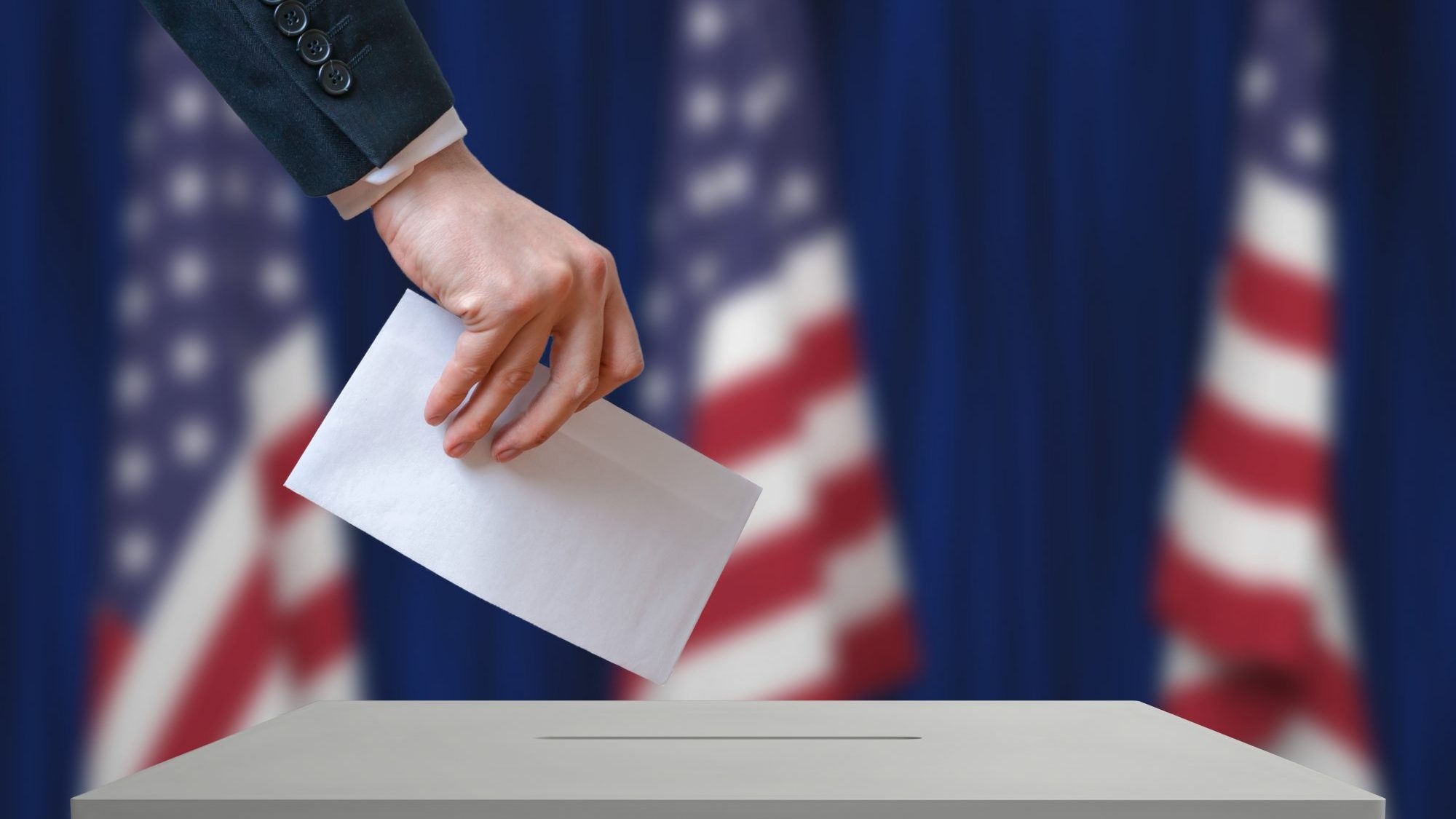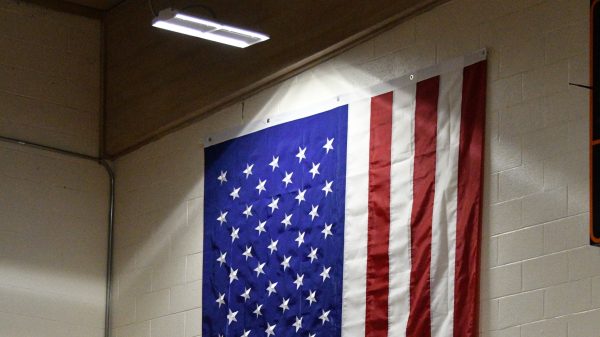By Chip Brownlee
Alabama Political Reporter
The Senate Constitution, Ethics and Elections Committee approved a bill Thursday that would make absentee voting for many Alabamians more flexible.
Sen. Rodger Smitherman, D-Birmingham, is carrying the bill this year after a bill he proposed last year to authorize early voting failed to pass the Legislature.
While the absentee voting bill wouldn’t implement early voting, it would expand the circumstances when a voter can request an absentee ballot and give those voters more time to mail in their ballots.
Voters filing absentee ballot applications would need to provide their identification on the front end instead of submitting a copy of their identification with their official ballot.
Smitherman said he worked with the Secretary of State’s Office on the law, and that was one of their requests. Parts of the law were proposed by the Absentee Balloting Advisory Task Force, chaired by Secretary of State John Merrill, according to Deputy Attorney General Brent Beal who spoke Thursday.
“The big thing about this … is making sure that these votes and ballot security is protected,” Beal said. “Right now, we can’t tell you for sure if a person who sent in an application is the person it says. This provides additional security on the front end.”
Those who expect to have to work on election day and would be unable to vote, those who care for a person who requires emergency treatment within five days of election day and those who have a death in the immediate family within five days of election day will now be allowed to vote absentee.
Another measure in the law would clarify how students should submit their absentee ballots. The law requires that applicants select only one reason why they can’t vote in person, but Smitherman and Sen. Linda Coleman-Madison, D-Birmingham, said some students provide two reasons — being out of town, which is located first on the ballot, and being a student away from their regular polling place, which is farther down the list.
Ballots of students who selected two options in previous elections have been voided in the past. The bill would clarify the two options to make it more clear which students should choose.
“This is something I witnessed as a poll watcher,” Coleman-Madison said. “Students ballots would be thrown out when that registrar followed the letter of the law.”
Voters would extra time to send in their absentee ballot under the new legislation and could use commercial carriers like FedEx or UPS instead of the Postal Service, the use of which is required by current law.
Current law requires that electors postmark their ballot the day before the election but the new law will give voters until noon on election day to postmark their ballot. The county boards of registrars will have seven days to receive and count the ballot — an increase from current rules that require the ballot to be county on election day.
“If you get it postmarked by the day of the election, your vote will count,” Beal said. “Right now, we can’t promise that.”
Beal said it often takes more than a day for the ballots to get through the mail, leaving many — if not most — absentee ballots mailed the day before the election uncounted.
Sen. Greg Albritton expressed concern that the bill would delay election results and thus delay some officials from assuming their positions, particularly state legislators who assume office upon election.
“You would delay the counting of the absentee ballots for a week,” Albritton said. “By doing so, the election would be thrown into a matter of controversy of who and when the votes would come in, who would be elected or not.”
Smitherman and Coleman-Madison said lawmakers can’t be seated until their results are certified — which often takes days or weeks because the deadline for provisional and overseas ballots is later.
“You still have the military ballots to come in,” Coleman-Madison said. “It puts it in sync with that, I think.”
A representative from the Secretary of State’s Office said absentee ballots that were already received on election day would be counted that day. Those that come in later could be counted later.
The bill will head to the Senate floor.



















































